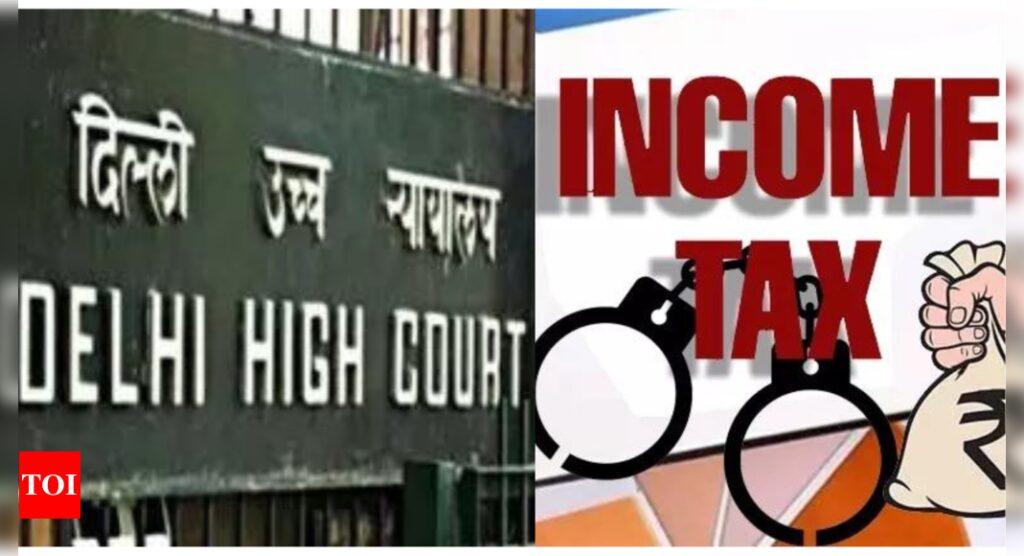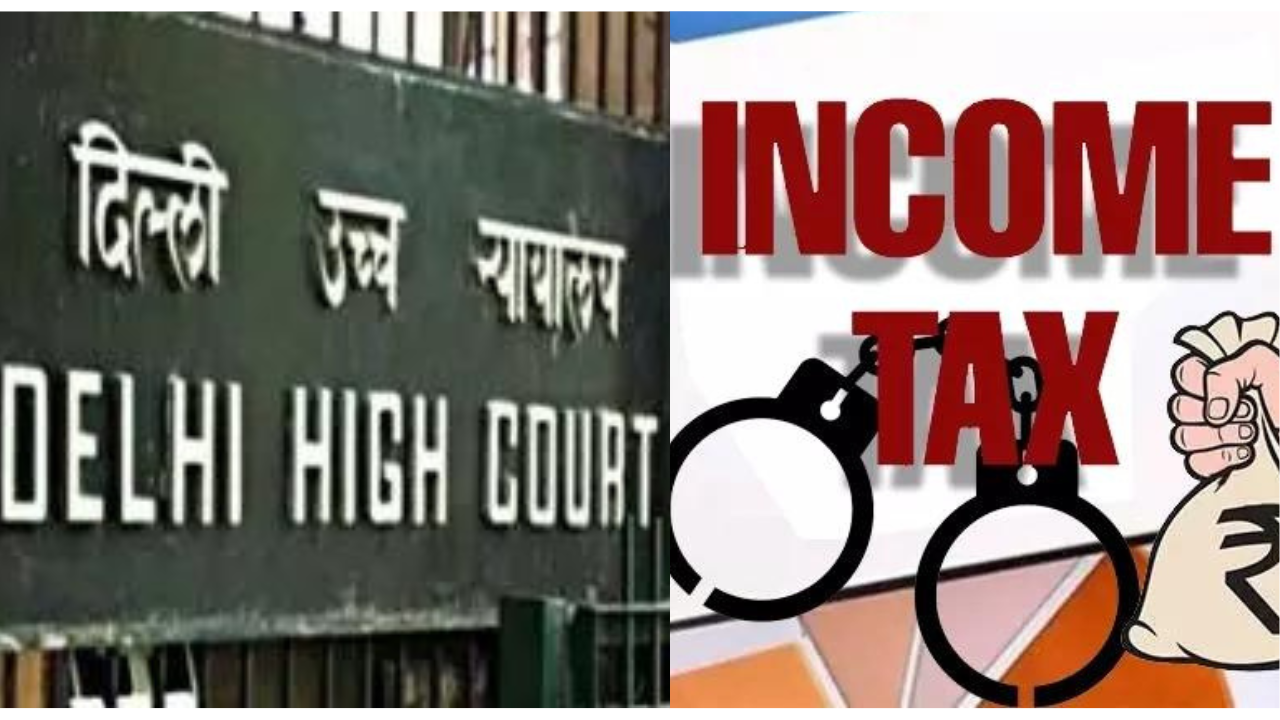[ad_1]
MUMBAI: Responding to a bunch of writ petitions, for the financial years 2015-16 and 2016-17, the Delhi high court has recently held that the extended period of ten years, for re-opening of Income-tax (I-T) assessments should be applicable only in cases involving serious tax evasion where evidence of concealing income is above Rs. 50 lakh. This judgement is expected to help thousands of taxpayers.
The Delhi high court had to decide the validity of the notices issued to the petitioners under section 148, keeping in view the period of limitation (period within which notices for re-opening of cases can be issued).
The petitioners submitted that in cases where the alleged escaped income is below Rs. 50 lakh, the period of limitation of three years as stipulated in clause (a) of section 149(1) should apply. The extended limitation period of ten years would apply only if the escaped income was more than Rs 50 lakh.
On the other hand, the I-T authorities contended that the notices were valid, given the Supreme Court’s judgement in the case of Ashish Agarwal (issued in May, 2022) and a circular that was subsequently issued by the Central Board of Direct Taxes (CBDT).
The I-T authorities relied on the provisions of Taxation and Other Laws (Relaxation and Amendment of Certain Provisions) Act, 2020 (TOLA) and propounded the ‘travel back in time’ theory to justify that those notices issued at a later stage, were deemed to have been issued back in time.
The Delhi high court observed that according to both the Finance Minister’s speech and the Memorandum explaining the provisions of the Finance Bill, 2021, the time limit for re-opening assessments was reduced from six to three years to facilitate ease of doing business. Only in cases, where the escaped income was Rs. 50 lakh or more, the I-T authorities were given the leeway to enquire into cases up to ten years. Thus, the new regime would apply even to past years, provided notices under section 148 were issued on or after April 1, 2021.
Deepak Joshi, advocate practising at the SC explains, “The Delhi high court has held that the ‘travel back in time’ theory contained in CBDT’s instruction is bad in law. This is a welcome decision, which will help taxpayers who are facing belated reassessment proceedings involving escaped income of less than Rs. 50 lakhs. As this order operates in rem, it will be beneficial even to those taxpayers who did not file a writ petition.”
The Delhi high court had to decide the validity of the notices issued to the petitioners under section 148, keeping in view the period of limitation (period within which notices for re-opening of cases can be issued).
The petitioners submitted that in cases where the alleged escaped income is below Rs. 50 lakh, the period of limitation of three years as stipulated in clause (a) of section 149(1) should apply. The extended limitation period of ten years would apply only if the escaped income was more than Rs 50 lakh.
On the other hand, the I-T authorities contended that the notices were valid, given the Supreme Court’s judgement in the case of Ashish Agarwal (issued in May, 2022) and a circular that was subsequently issued by the Central Board of Direct Taxes (CBDT).
The I-T authorities relied on the provisions of Taxation and Other Laws (Relaxation and Amendment of Certain Provisions) Act, 2020 (TOLA) and propounded the ‘travel back in time’ theory to justify that those notices issued at a later stage, were deemed to have been issued back in time.
The Delhi high court observed that according to both the Finance Minister’s speech and the Memorandum explaining the provisions of the Finance Bill, 2021, the time limit for re-opening assessments was reduced from six to three years to facilitate ease of doing business. Only in cases, where the escaped income was Rs. 50 lakh or more, the I-T authorities were given the leeway to enquire into cases up to ten years. Thus, the new regime would apply even to past years, provided notices under section 148 were issued on or after April 1, 2021.
Deepak Joshi, advocate practising at the SC explains, “The Delhi high court has held that the ‘travel back in time’ theory contained in CBDT’s instruction is bad in law. This is a welcome decision, which will help taxpayers who are facing belated reassessment proceedings involving escaped income of less than Rs. 50 lakhs. As this order operates in rem, it will be beneficial even to those taxpayers who did not file a writ petition.”
[ad_2]
Source link











More Stories
India’S Growth Forecast: S&P ups India’s FY’24 growth forecast to 6.4% on robust domestic momentum
India to remain fastest-growing major economy, but demand uneven: Poll
Jack Ma: Jack Ma gets back into business with ‘Ma’s Kitchen Food’